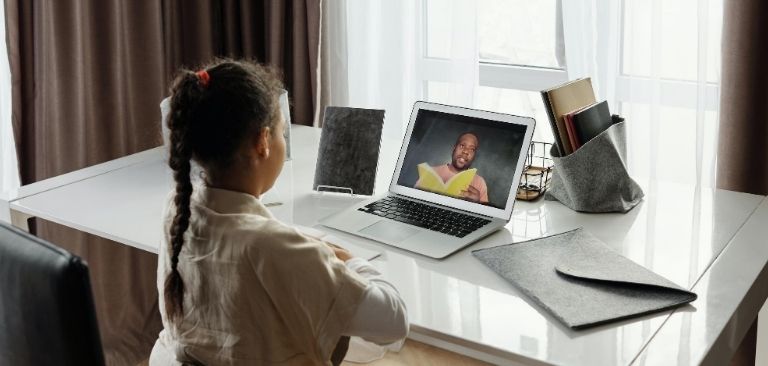Parents of school-going kids in a district in Tennessee are now being asked to sign a form that would prevent them from monitoring their children’s online class and knowing what is being taught.
“RCS strives to present these opportunities in a secure format that protects student privacy to the greatest extent possible, however, because these meetings will occur virtually RCS is limited in its ability to fully control certain factors such as non-student observers that may be present in the home of a student participating in the virtual meeting,” read an excerpt from the form sent to parents.
The school district says that they were doing so to ensure that “non-student observers” wouldn’t get to learn any confidential matters. It is worth noting that the agreement doesn’t explicitly state that parents must not be in the vicinity of students when they’re taking classes. Nonetheless, the RCS has made it clear that it would remove children from the virtual meeting if there is any violation of the agreement on their end.
Simply put, the RCS is subtly asking parents to not listen and monitor the virtual sessions conducted by the school. But after several parents expressed their reservations about such an agreement, the RCS had to reiterate its intention and modify the agreement to better accommodate the suggestions of parents.
“The intent was not to prevent parents from being involved with their children during distance learning, but it was intended to protect the academic privacy of other students in the classroom who are visible during certain virtual class sessions,” said a spokesperson from the RCS.
According to the revised agreements, parents can stay in the virtual sessions and monitor their children, but shouldn’t record the session or divulge the contents of the virtual meeting to anyone else.
“We have issued new guidance to principals that parents can assist their children during virtual group lessons with permission of the instructor but should refrain from sharing or recording any information about other students in the classroom.”
With the pandemic forcing educational institutions to resort to online teaching and learning models, some teachers across the US have raised concerns about teaching in the presence of parents. If such concerns continue to arise, schools may potentially resort to developing an online education model where parents’ involvement or presence during teaching will be greatly minimized to avoid kids learning what kids are being taught.










